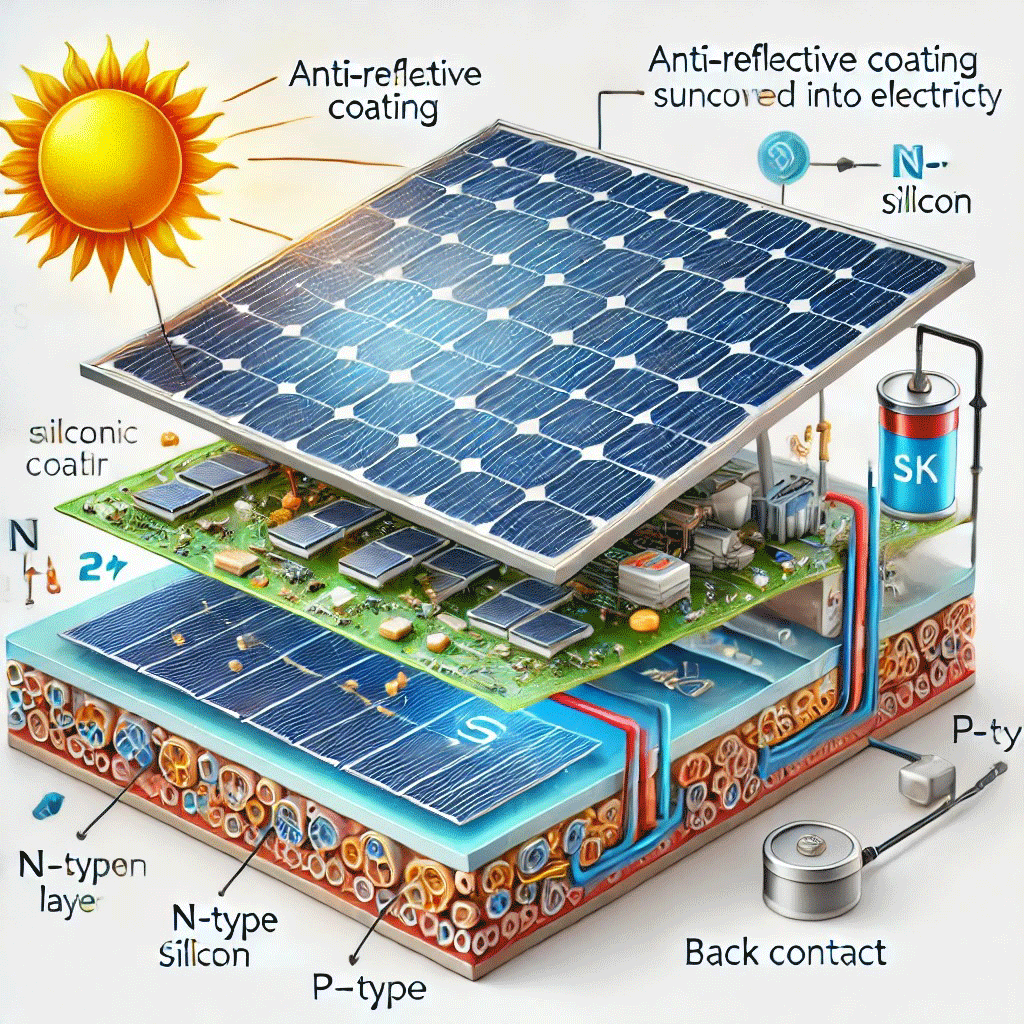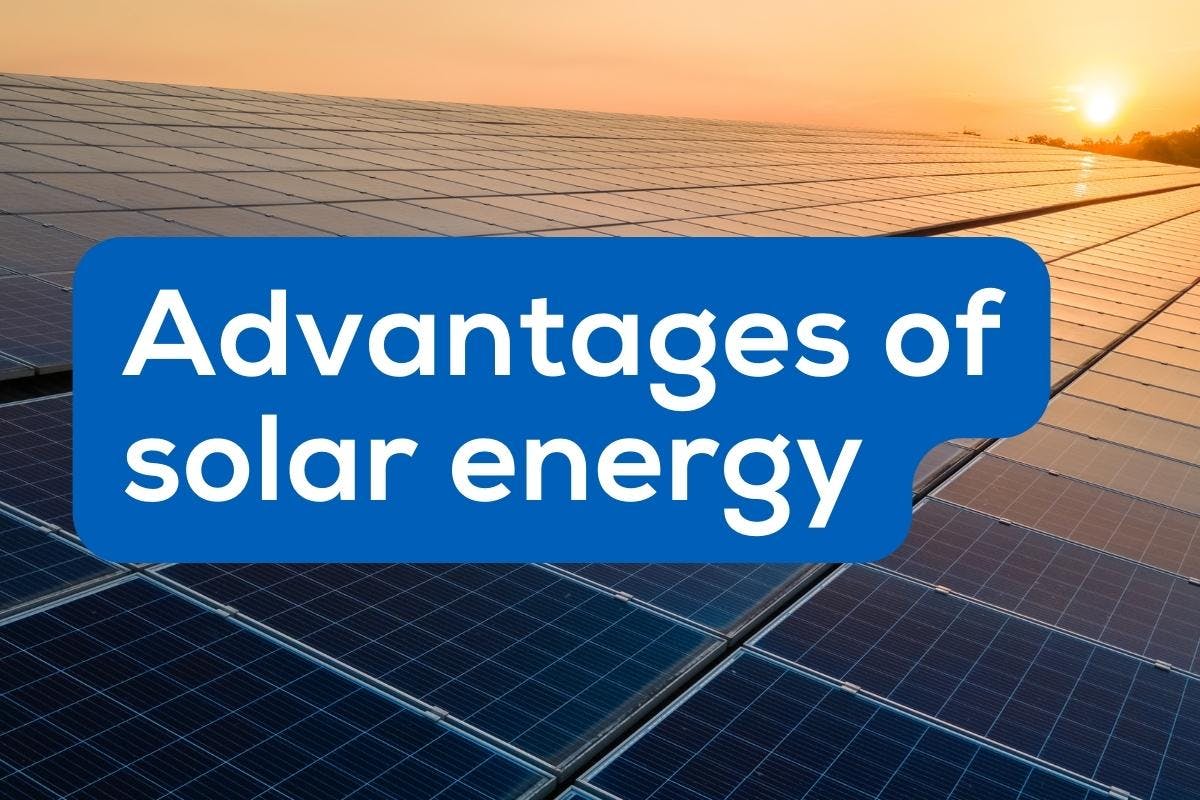Simply Solar Illinois: Premier Solar Energy Solutions for Households and Commercial Needs
Simply Solar Illinois: Premier Solar Energy Solutions for Households and Commercial Needs
Blog Article
Exactly How Solar Power Can Assist You Save Money and Decrease Your Carbon Impact
The assimilation of solar energy into your power profile presents an engaging opportunity for both monetary cost savings and ecological stewardship. By taking advantage of the sun's energy, property owners can dramatically lower their regular monthly utility expenditures while additionally guarding versus the unpredictability of future power costs. The shift to solar contributes to a significant decrease in carbon emissions, aligning individual financing with wider ecological goals. As numerous federal government motivations come to be readily available, the question emerges: exactly how can one properly navigate the initial investments and recurring benefits of solar technology to take full advantage of both financial and environmental gains?
Comprehending Solar Energy Savings
While the transition to solar power often includes an initial investment, understanding solar power cost savings is essential for house owners and organizations alike. Solar energy systems can dramatically decrease electrical power bills by harnessing the sunlight's energy, translating into significant long-lasting financial advantages.
Additionally, solar power systems may certify for different financial motivations, including tax credit histories and discounts, additionally improving their cost-effectiveness. The accessibility of net metering permits users to offer excess energy back to the grid, producing an added earnings stream. These elements add to the total cost savings connected with solar energy.

In addition to direct financial financial savings, solar power provides the added advantage of enhancing building worth. Residences outfitted with photovoltaic panels are commonly much more attractive to purchasers, as they assure reduced power prices - Simply Solar Illinois. Understanding these components is important for anyone thinking about solar power, as it highlights not simply the prospective monetary gains, yet also the wider environmental and financial benefits of adopting renewable energy options
Initial Costs vs. Long-Term Benefits
When evaluating solar power, it is very important to consider the first costs versus the lasting benefits. The in advance investment for photovoltaic panels, setup, and relevant devices can be significant, frequently ranging from $15,000 to $30,000, depending on the system size and home energy needs. This initial expense may discourage some home owners; nonetheless, it is crucial to consider the possible savings gradually.
When mounted, solar power systems can dramatically decrease and even eliminate monthly electricity costs, leading to significant long-term monetary benefits. Studies show that property owners can conserve anywhere from $10,000 to $30,000 over the lifespan of their solar system, commonly 25 years. Furthermore, lots of states supply incentives, tax credit scores, and rebates that can balance out preliminary costs, making solar a lot more easily accessible.

Decreasing Your Carbon Impact
Decreasing your carbon footprint is an essential consideration in today's eco aware society, and embracing solar energy is just one of the like this most reliable approaches to achieve this goal. Solar power is a clean, eco-friendly resource that significantly lessens reliance on fossil gas, which are major contributors to greenhouse gas exhausts.

Additionally, the prevalent adoption of solar modern technology motivates the advancement of environment-friendly work and supports developments in energy storage and performance. The even more people and organizations invest in solar power, the greater the collective reduction in carbon exhausts, fostering a cleaner environment for future generations.
Federal Government Incentives and Refunds
Taking on solar power not only profits the setting but can likewise result in substantial monetary cost savings, particularly with the accessibility of government motivations and discounts. Numerous federal, state, and regional programs are made to motivate homeowners and organizations to invest in solar energy systems, making the shift more budget friendly.
Among the most prominent motivations is the Federal Financial Investment Tax Obligation Credit Report (ITC), which enables try this out planetary system owners to subtract a significant percentage of the setup costs from their government tax obligations. This incentive has been pivotal in reducing the upfront costs related to solar power systems. Furthermore, lots of states use their own tax credit scores, gives, and discounts that can better improve financial savings.
In addition, some neighborhood governments offer real estate tax exemptions for solar setups, making sure that homeowners do not face enhanced real estate tax as a result of their eco-friendly energy investments. Utility business may likewise use rewards, including net metering and feed-in tolls, which allow solar power individuals to sell excess power back to the grid.
Choosing the Right Solar System
Picking the proper planetary system is critical for maximizing power performance and financial advantages. The choice pivots on numerous aspects, consisting of power requirements, budget, and available area. Home owners should begin by examining their power intake to establish the system dimension required for optimal efficiency.
Next, take into consideration the different kinds of solar technologies available. Simply Solar Illinois. Photovoltaic (PV) panels are one of the most usual, converting sunshine directly right into power, while solar thermal systems concentrate on home heating water. Each kind has distinct advantages depending upon individual demands
Budget considerations are also critical. Initial installment costs can differ dramatically, so it's important to compare quotes from numerous suppliers and explore financing choices. Government rewards and rebates can better reduce the financial burden, making planetary systems a lot more easily accessible.
Final Thought
The environmental benefits of solar power contribute to sustainable methods essential for explanation combating environment adjustment. Government motivations enhance the usefulness of solar innovation adoption, encouraging a shift in the direction of a cleaner, much more economically reliable energy source.
Report this page